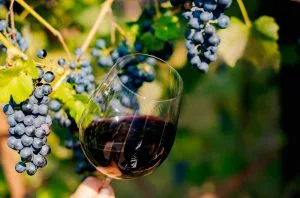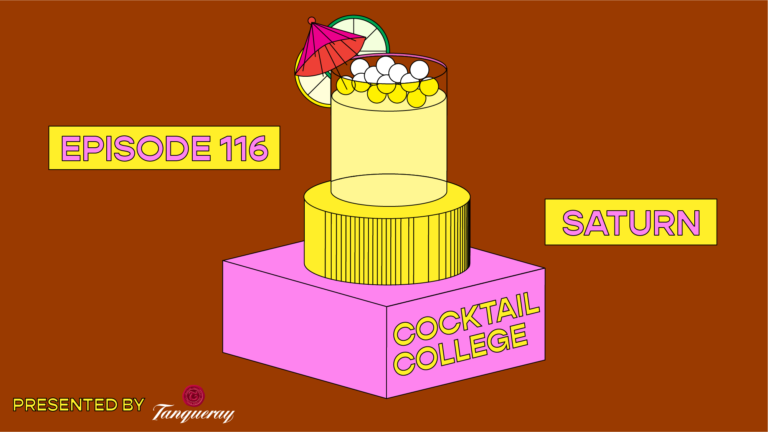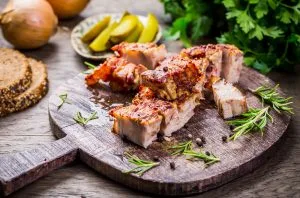And although firstly ‘good quality’ is what we all seek, it’s not that simple any more. For a growing contingent of wine lovers, finding a producer whose values chime with their own is a second key criterion. And there’s a third prerequisite that the best wines all share. They must have personality.
Fifty years ago, winemaking wasn’t so refined; faults that even us drinkers know all about today were dimly understood by many winemakers. With improved professional training and the proliferation of consultants and laboratories, quality is far more reliable now. Successive bad vintages, like those that France suffered in the early 1970s, feel like a distant memory. The quality baseline has risen dramatically.
More recently, the growth of organic, biodynamic and natural wines has seen quality rise even further. But this improvement in the bottle is often of secondary interest; many people choose these wines because they reflect their own principles and beliefs. Given the choice, most of us would prefer to drink wines that aren’t made from grapes sprayed with systemic chemicals, both for our health and the planet’s wellbeing.
Some might even choose an organic wine that scores 93 points over a ‘conventionally farmed’ (ie, sprayed with chemicals) wine that scores 94. When choosing a wine, values can trump quality. And while you can’t taste the fact that a wine is made by a small winery, the knowledge that you’re supporting a family rather than a corporation can further brighten our drinking experience.
If winemakers become dogmatic,






